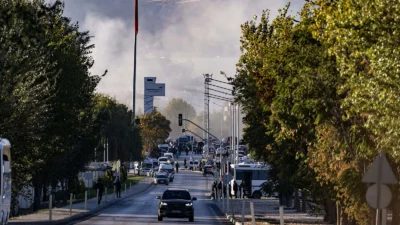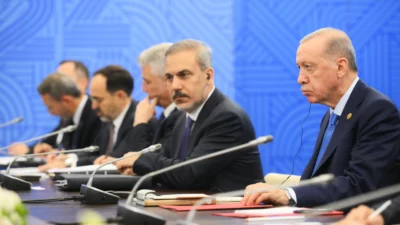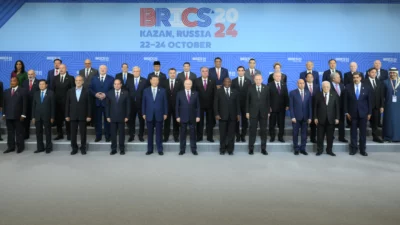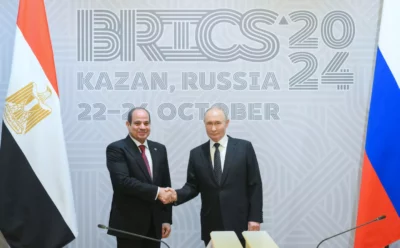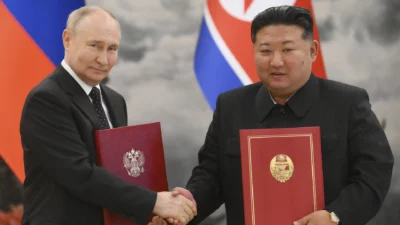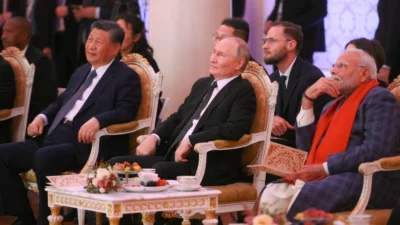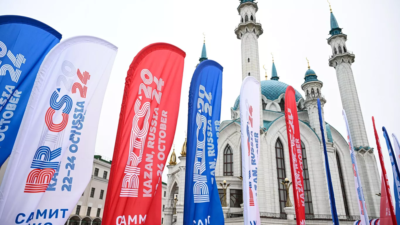Archives International politics - Page 2 of 120 - New Eastern Outlook
What is behind the terrorist attack in Turkey on October 23?
On October 23, in the middle of the day, a terrorist attack took place in the head office of Turkish Aerospace Industries Inc. (Tusaş) in Ankara, in which a number of people were killed and others wounded. What is the reason for this attack?
Türkiye-BRICS: between membership and partnership
The XVI BRICS summit of heads of state in Kazan on October 22-24 was a grand international event, in which the representatives of 36 states and 6 international organisations took place. Türkiye has submitted an application to join.
Results of the BRICS summit: on the path to a new multipolar world
The XVI BRICS Summit has ended in Kazan. How is the international order changing and what will the group’s cooperation look like in the future? New Eastern Outlook has gathered the key ideas expressed by the leaders of member states.
